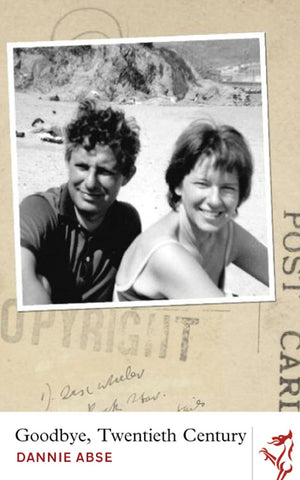'A magnificently conceived work.' - The Guardian
Dannie Abse's rich mixture of Welsh and Jewish backgrounds, and his dual occupations of doctor and author, have led to what is widely regarded as one of the most readable, humorous and poignant autobiographies available today. Goodbye, Twentieth Century incorporates his acclaimed first volume of autobiography, A Poet in the Family, and in this new edition from the Library of Wales brings his life up to the present day and the outset of a new century. It includes a moving epilogue that speaks of his recent years which brought tragedy and dramatic change to his life.
“Incident and character are vividly depicted, period is richly evoked and the descriptive passages remind one what a splendid poet the author is.” - The Observer
“An entertaining and at times moving book. Mr Abse relates some very amusing anecdotes, and his informal yet controlled style is capable of moving without any sense of dislocation from these lighter occasions to deeply serious and affecting passages.” - Times Literary Supplement

